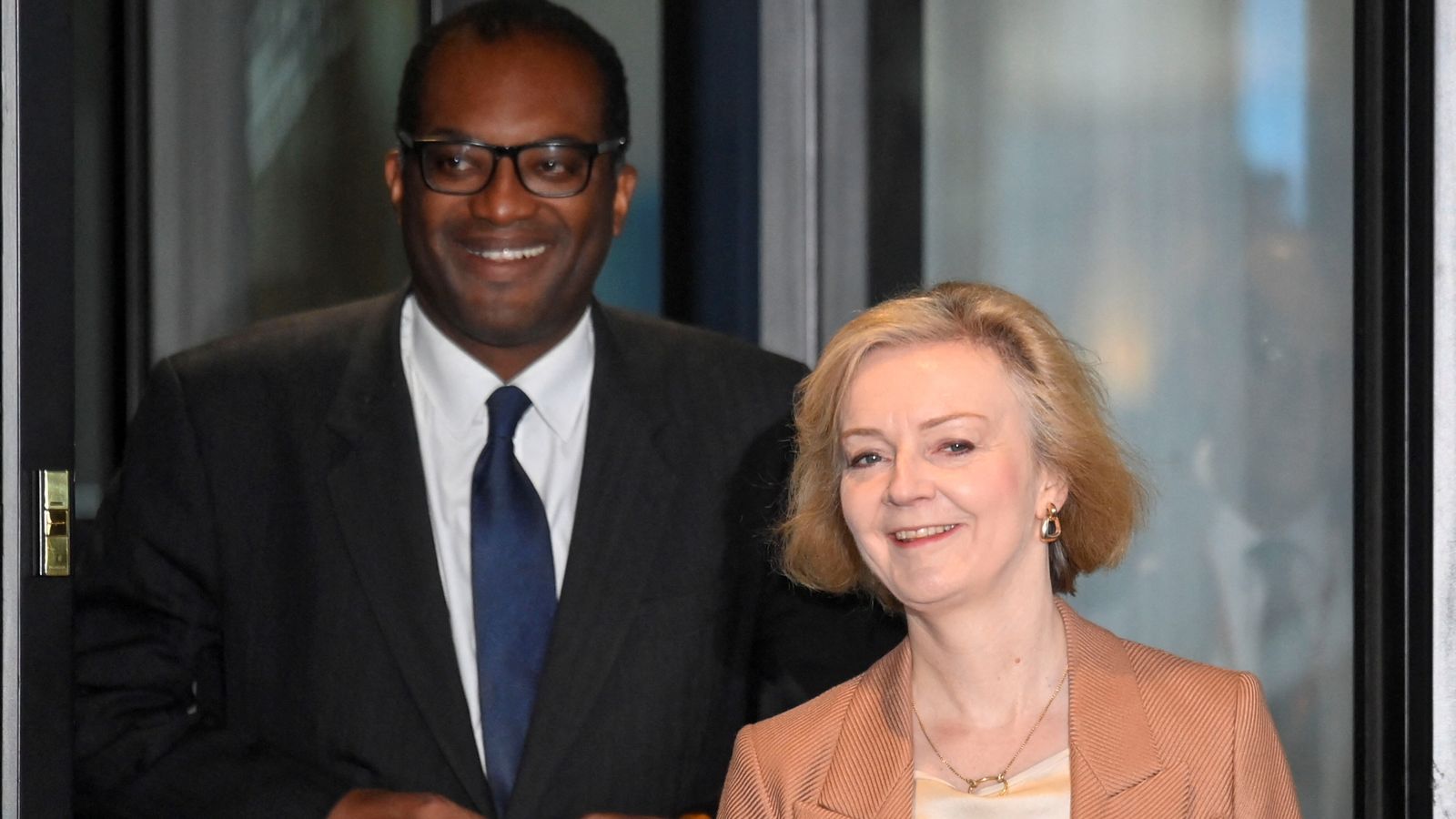The office of South Korea’s president has revealed that the boss of Samsung Electronics, Lee Jae-yong, has been freed early from jail in the “national interest”.
Lee, the company’s vice chairman but de-facto leader, was released on parole on Friday – a year before the end of a 30-month sentence linked to the bribery of a friend of the nation’s former president, Park Geun-hye.
He was also convicted at a retrial in January of embezzlement and concealment of criminal proceeds worth about 8.6 billion won (£5.7m), leaving him sidelined from major decision-making at the company.
Samsung is one of the world’s largest makers of smartphones and computer chips – the latter currently at the centre of a global shortage, linked to the COVID-19 crisis, that has hampered production of goods from cars to games consoles.
The parole decision was taken by the justice ministry, according to the presidential office.
“(We) accept it as a choice for the national interest and hope for the people’s understanding,” a spokesperson told reporters.
Lee appeared outside the Seoul Detention Center, wearing a dark grey suit and looking thinner than when he was detained, to tell journalists waiting outside: “I’ve caused much concern for the people. I deeply apologise.
“I am listening to the concerns, criticisms, worries and high expectations for me. I will work hard.”
What he is able to do at Samsung is unclear as it is understood that five years of business restrictions were placed on him as part of his parole terms.
However, the country’s justice ministry is widely tipped to clear Lee to return to the office but with conditions remaining in areas such as business travel.
While he has little to do with the day-to-day running of operations at Samsung, the company is said to rely on him for major investment and M&A (merger and acquisition) decisions.
The importance of Samsung to South Korea’s economy had seen support for his parole grow amid anxiety that key strategic decisions were not being made to boost the firm’s competitiveness.
Samsung, which accounts for almost a fifth of South Korea’s stock market value alone, is for example yet to reveal the location for a planned $17bn (£12.3bn) factory in the United States to produce advanced logic chips – lagging similar investments by rivals including Intel.
Critics of Lee’s release will argue it demonstrates Samsung’s extraordinary influence over South Korea’s political establishment.



